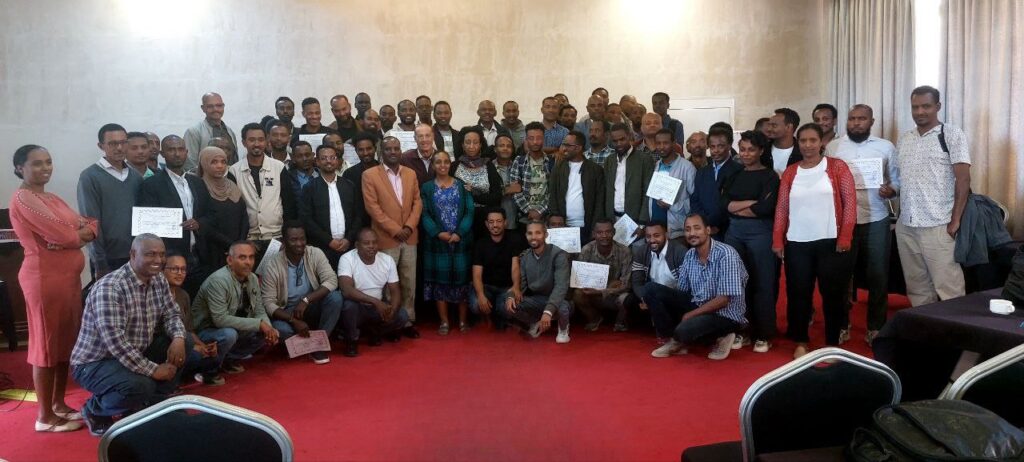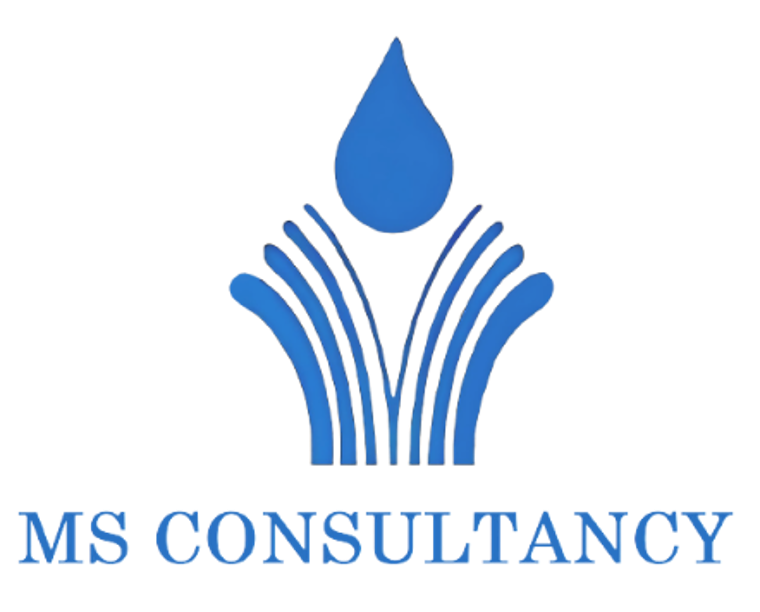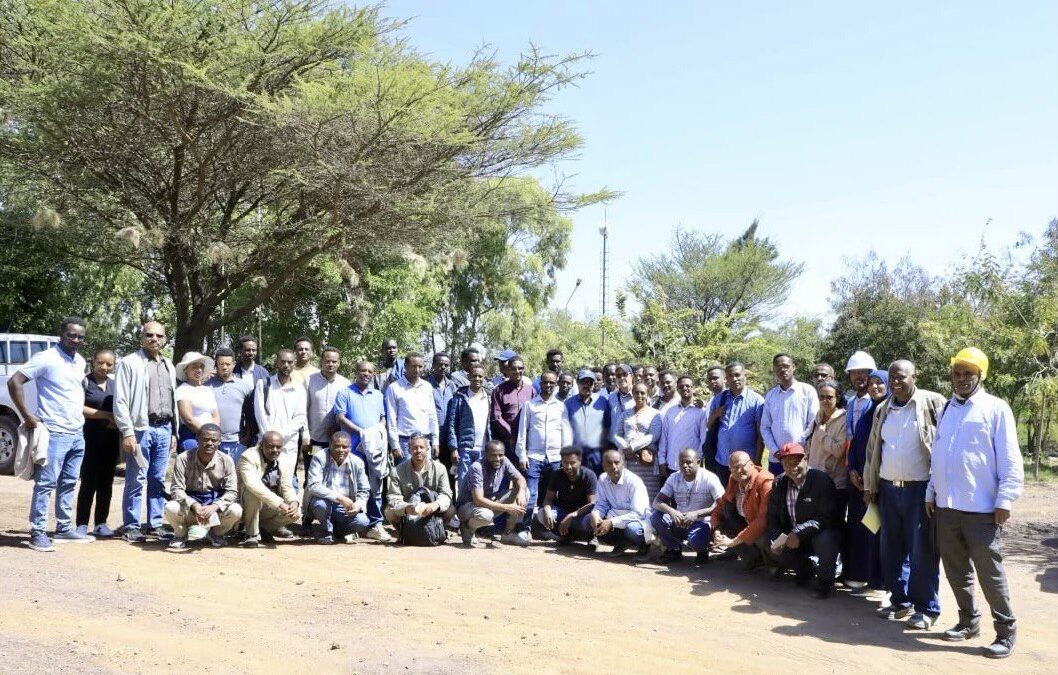From December 9 to 13, 2024, the Ministry of Water and Energy, Ethiopia, organized a successful Training of Trainers (ToT) session in Adama, with MS Consultancy JV Burnside enlisted as the consultant. The session, focused on the Urban Water Supply Study and Design (UWSSD) Criteria and Guidelines and the Manual, brought together professionals from across Ethiopia to enhance their skills in applying best practices for designing and managing urban water supply systems.
The ToT was officially opened by representatives from the Ministry of Water and Energy, marking the start of an important initiative to strengthen the capacity of professionals in the water sector.
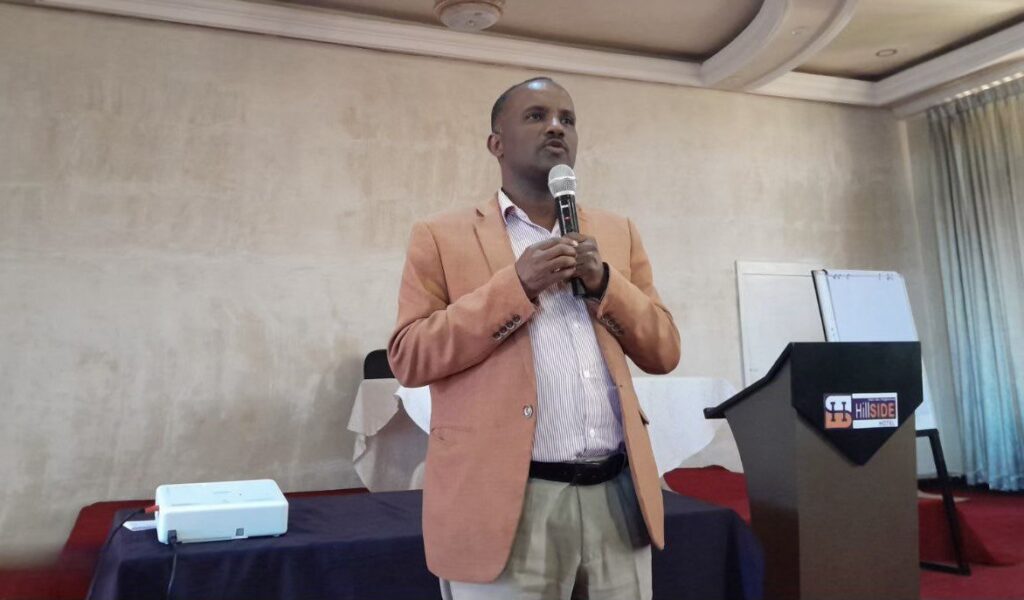
The ToT aimed to provide participants with a comprehensive understanding of the Criteria and Guidelines and Manual, essential tools for urban water supply system planning. Developed through expert consultations and site visits, these documents incorporate international best practices tailored to Ethiopia’s specific context. The training covered key design principles, including hydraulic design, water treatment processes, optimal storage solutions, energy-efficient technologies, and strategies for building climate-resilient systems.
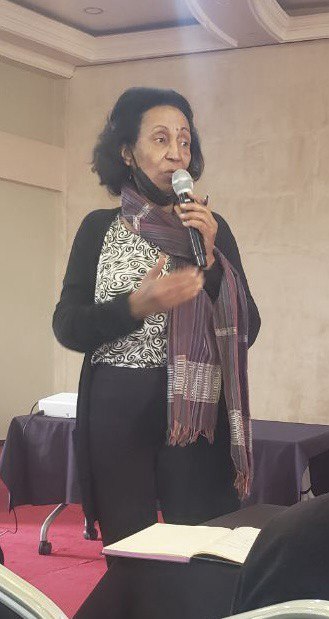
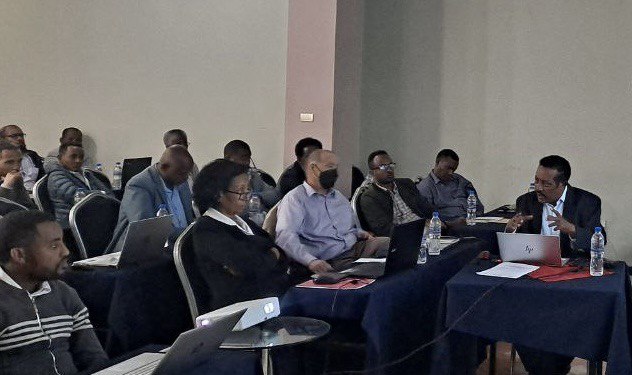
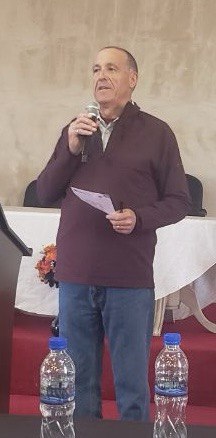
One of the key highlights of the training was a series of expert-led presentations that explored the core elements of urban water supply system design. Participants gained valuable insights into designing efficient water distribution networks, ensuring safe drinking water, and integrating sustainable technologies into water supply systems.
The hands-on component of the training included site visits to key infrastructure within Adama’s water supply system. Participants visited well fields, water treatment plants, and distribution networks, where they observed the real-world application of the guidelines. Experts provided in-depth explanations of how design principles are applied on the ground, showcasing best practices for managing water sources, optimizing treatment plant operations, and ensuring efficient water delivery to urban areas.
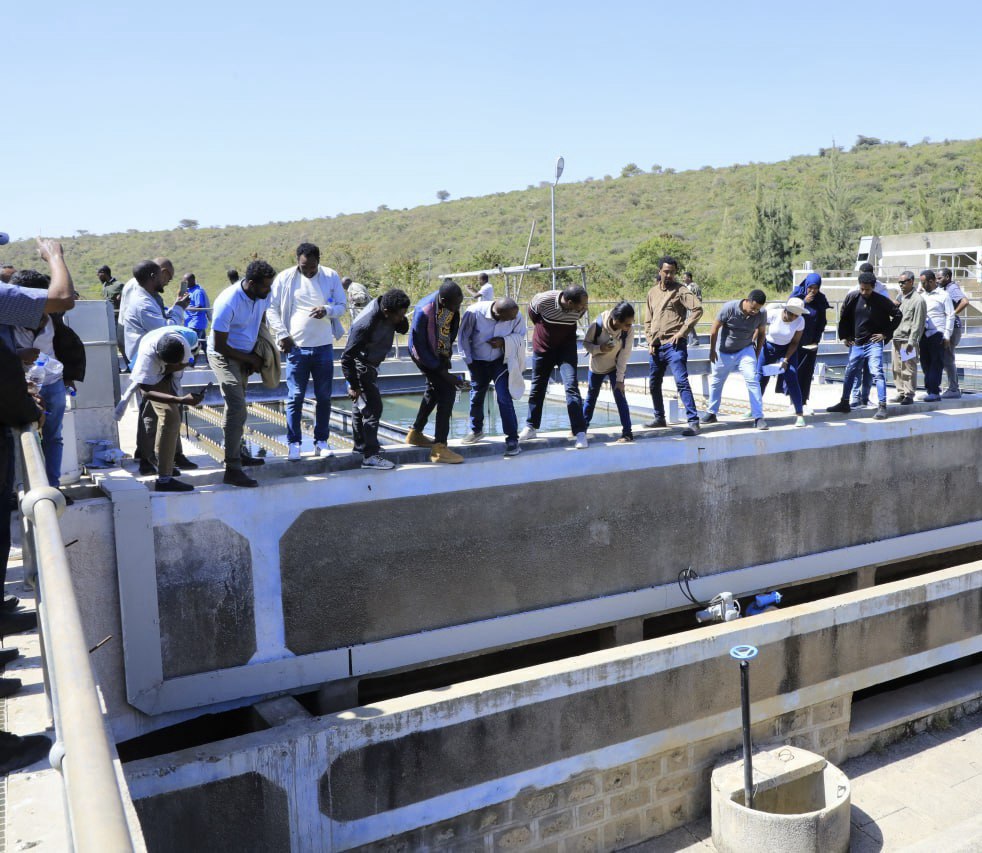
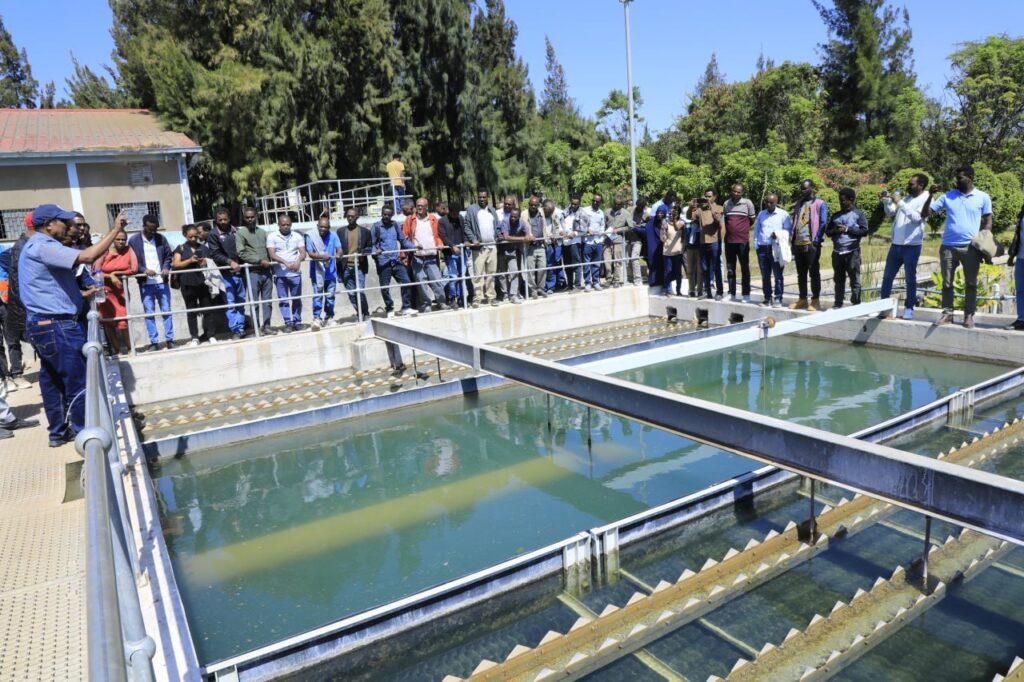
The ToT also addressed key challenges faced by Ethiopia, such as rapid urbanization, increasing water demand, and climate variability. Participants were equipped with the knowledge to design scalable, resilient water systems and integrate water conservation measures to ensure the long-term sustainability of water resources.
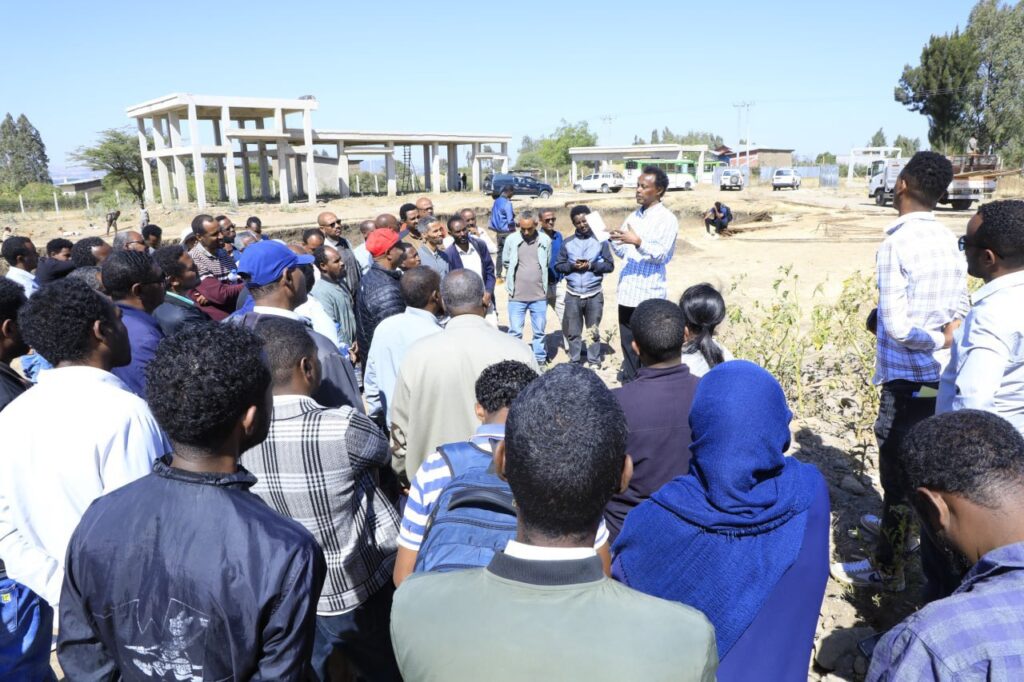
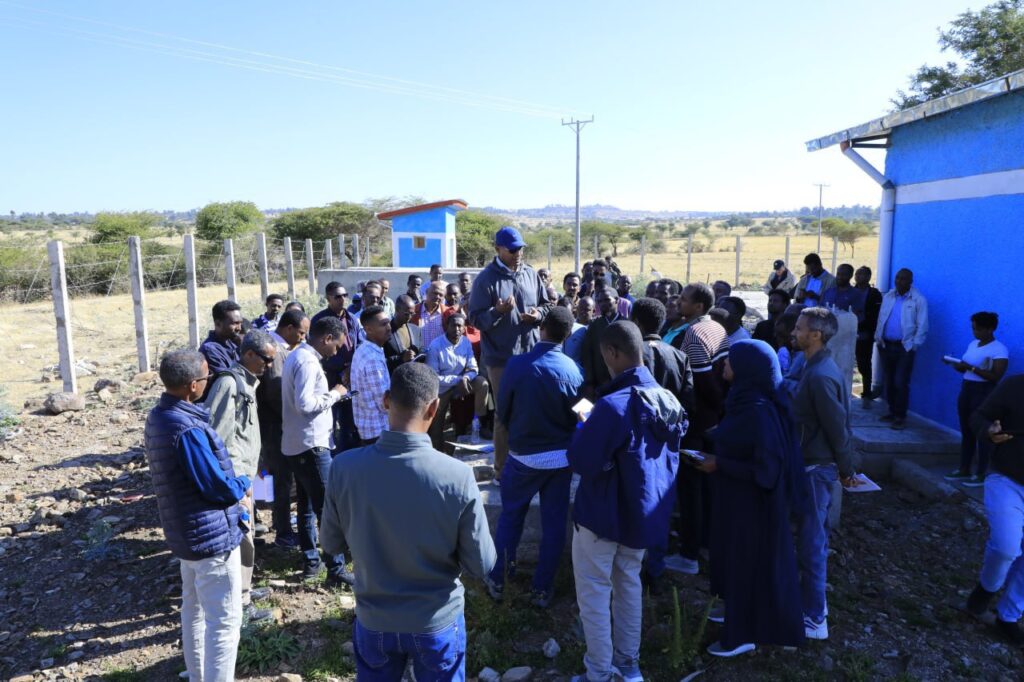
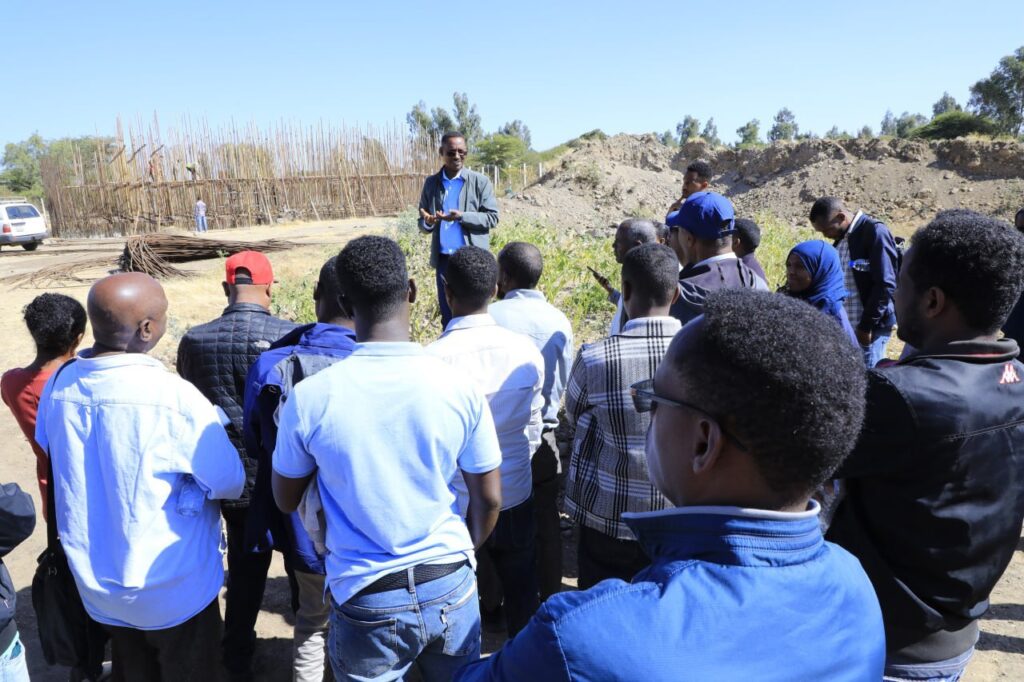
Beyond the immediate learning experience, the primary aim of the ToT was to create a sustainable network of trainers capable of passing on the knowledge and skills acquired to others across Ethiopia. By equipping participants with both technical expertise and the teaching skills necessary to train future professionals, the ToT aims to ensure the continued and widespread use of the Criteria and Guidelines and Manual throughout the country. This network of trainers will help embed these resources within the water sector, creating a multiplier effect that ensures best practices are adopted nationwide.
MS Consultancy remains committed to supporting the development of Ethiopia’s water sector by offering continuous capacity-building opportunities, fostering collaboration among professionals, and ensuring that trained professionals are equipped with the knowledge to design efficient, sustainable, and resilient water supply systems. Through these efforts, MS Consultancy strives to pay the way for improved water access, management, and resilience throughout Ethiopia.
